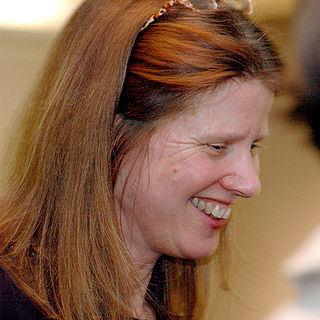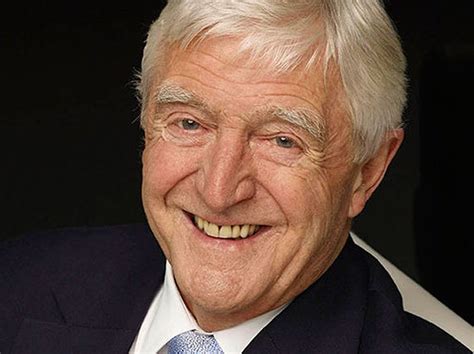A Quote by Lynne Rae Perkins
Some of it just involved thinking about, for example, the different kinds of science, what chemistry is.
Related Quotes
But once we realize that people have very different kinds of minds, different kinds of strengths -- some people are good in thinking spatially, some in thinking language, others are very logical, other people need to be hands on and explore actively and try things out -- then education, which treats everybody the same way, is actually the most unfair education.
This is a really big space station. We do a lot of various kinds of work here, different kinds of science experiments; we have over 400 different experiments going on at any one time in different areas, from basic science research to medical technology, that hopefully will benefit more people on Earth.
Religion and science, for example, are often though to be opponents, but as I have shown, the insights of ancient religions and of modern science are both needed to reach a full understanding of human nature and the conditions of human satisfaction. The ancients may have known little about biology, chemistry, physics, but many were good psychologists.
There are areas using what's called the "checkerboard strategy." They are different cities where you can move around the "checkerboard," doing things you can't do in every square, that you can do in some of them, building a mosaic of these kinds of practices. There are about 400 cable television networks, for example, that are publicly owned. That's a big fight for big private companies. In some areas, this is a political struggle, in some it's conventional common sense.
If we're talking about the science fiction or action genres, I've always tried when I could to do them in a way that's not just cookie-cutter - that they bring something fresh or original to it, have some kind of ideas to it. I've been fortunate, in some sense, to do those kinds of movies that are unique.
There are two kinds of people: one who goes on thinking about the future, not bothering about the present at all. That future is not going to come, that future is just a fool's imagination. I don't think about the future. I am a totally different kind of person. I don't think about the future at all, it is irrelevant.
I feel very strongly that history is about everything. It isn't just about politics or the military or social issues. If art, music, engineering, science, medicine, finance, the world of architecture and technology - if those are left out, then you're not getting a full sense of the human condition. History is human and we human beings are involved in all kinds of things and that's part of our humanity.
The average person might articulate them differently, but we all think about interpersonal relationships in one way or another. Writers just express that in different ways and capture it in different ways. To some degree, we're all thinking about the same things. It's the zeitgeist. The trick, in a way, as a writer, is to hope that your interests in some sense link up with the culture around you.





































